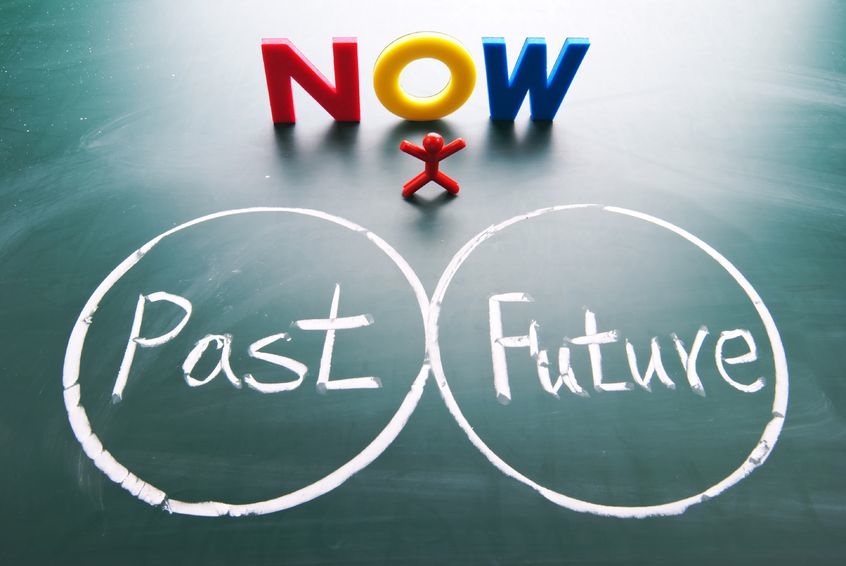Research
My lines of research focus on lifespan development in:
(1) Temporal Self
My current research focuses on the age differences in temporal self-continuity, i.e., the psychological connectedness between our current self and a distant past/ future self. Our latest published work examined the robustness of such age-related structural differences in self-continuity by involving multiple datasets collected across age groups, countries, and time periods. Our next step is to develop an advanced modeling approach by applying economic discounting models to self-continuity.

(2) Social Self
I’m also interested in the extended self in social relations. Social distance refers to the extent to which people experience a sense of familiarity (nearness and intimacy) or unfamiliarity (farness and difference) between themselves and people belonging to different social, ethnic, occupational, and religious groups from their own. My relevant work examined the age differences in how people judge strangers’ trustworthiness at first glance at their faces.

(3) Decision-Making
A deeper understanding of our temporally and socially extended selves can ultimately help us to improve real-life decisions, such as saving, investments, and charity giving, especially for older adults. I’m particularly interested in two patterns of decision-making.
Temporal discounting refers to the phenomenon in intertemporal choices where delayed rewards are subjectively devalued as time delay increases, closely related to one’s future benefits. Our recent work examined the association between self-continuity and temporal discounting.
Social discounting appears when people tend to benefit others according to the perceived social distance. For example, people are more likely to fund their family and friends than a random stranger on the street. We are currently conducting a cross-cultural survey on age-related differences in social discounting.

“… any person … any study.”
--- Ezra Cornell